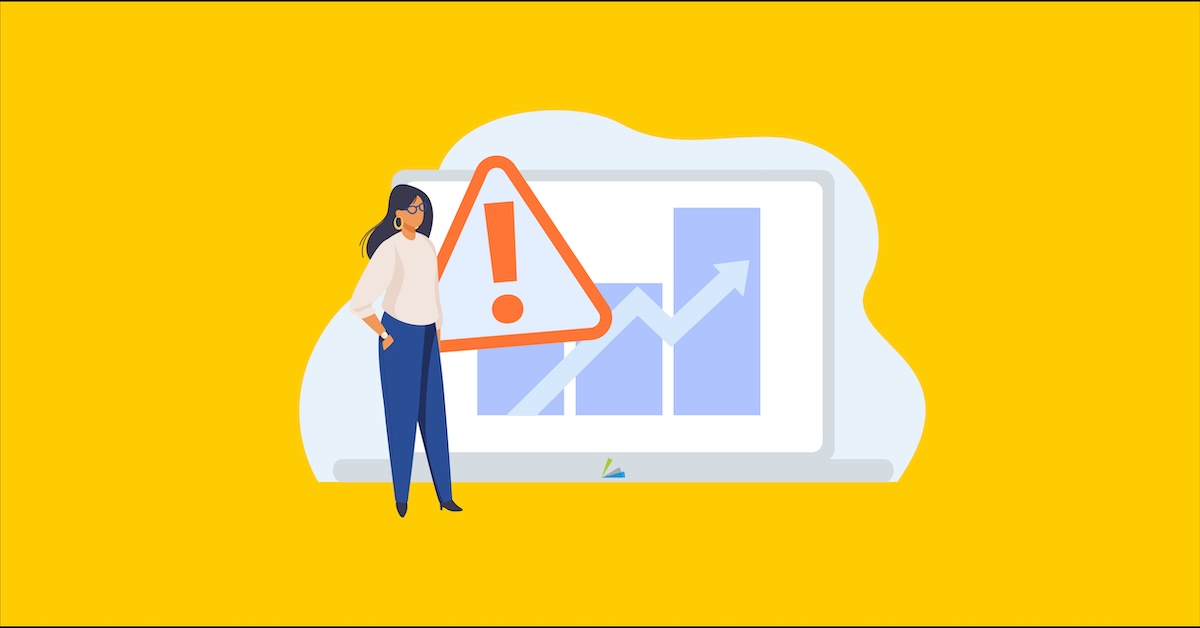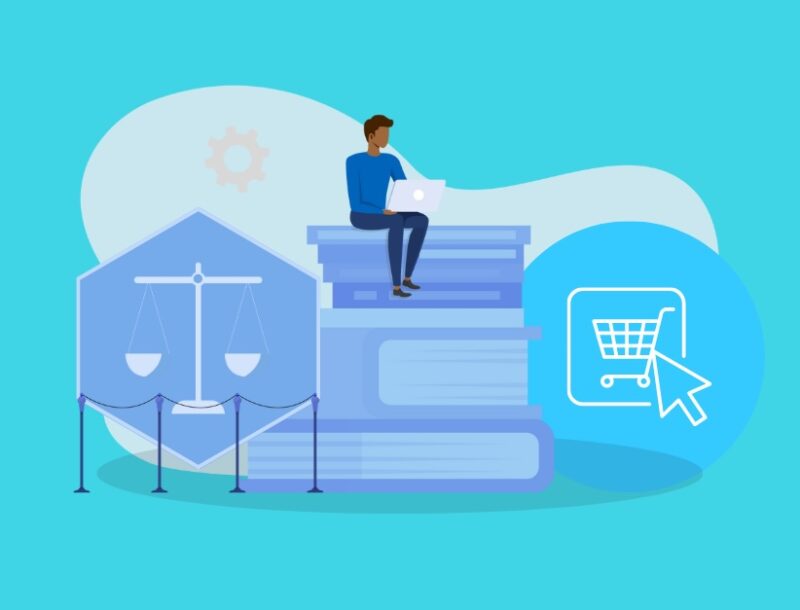Comply Now, Don't Pay Later: Compliance Trends for BNPL Lenders

With increased regulatory scrutiny and formal regulation looming for the Buy Now, Pay Later (BNPL) industry, marketing compliance is as important as ever in 2023. Staying on top of current trends and best practices is key to getting out ahead of regulatory scrutiny.
Here are the top marketing compliance trends and stats that BNPL companies should know to comply now and avoid paying later with enforcement actions and penalties.
Federal and state regulatory changes are top concerns
Not surprisingly, the regulatory “hot topics” that BNPL companies are most concerned about in 2023 are federal regulatory changes (38%) and state regulatory changes (15%) There has been a lot of movement on the regulatory front for BNPL lenders over the past year, capturing the attention of regulators globally. There are a few concerns around BNPL loans as they pertain to consumer protection and regulatory oversight.
On the consumer protection side:
- These types of loans may encourage shoppers to spend more than they can afford, particularly for younger millennial and Gen Z shoppers
- Due to the lack of credit checks and the ease of use, consumers may be subjected to falling into debt without even realizing it
On the regulatory side:
- Many BNPL products fall outside of key consumer protection laws that protect consumers from predatory or deceptive lending practices (such as the Truth In Lending Act)
50% of BNPL companies expect compliance budgets to increase in 2023
While total compliance budget amounts vary, half of respondents said that they expect their compliance budgets to increase in 2023.
The regulators have made it clear that regulation is coming and that BNPL companies need to do the right thing to protect consumers. Back in late 2021, the Consumer Financial Protection Bureau (CFPB) opened an inquiry into BNPL credit and issued a series of orders to five BNPL companies to assess the risks of these types of loans, and published their findings in a comprehensive report titled “Buy Now, Pay Later: Market trends and consumer impacts.”
The report highlights three main areas of consumer protection risks for BNPL products, including discrete consumer harms, data harvesting, and overextension.
BNPL shares several characteristics with conventional credit cards, according to the CFPB, such as the integration of payments and credit and the borrower’s ability to replenish the credit line provided they keep up with their payments. The BNPL product is less transparent than the credit card product, and until the customer defaults on their payment, the Nationwide Consumer Reporting Companies are not given access to the customer’s payment history.
The data shows that a lot of BNPL lenders are taking this inquiry seriously and are upping their compliance budgets to proactively protect themselves and consumers from potential risk.
Employee costs and compliance technology are top areas of compliance spend for BNPL
With current budgets, BNPL companies are spending the most on employee costs (35%) and compliance technology (35%).
Empowering compliance teams with the proper resources to do their job effectively is key to mitigating compliance risks and avoiding being the target of regulatory scrutiny.
Comply Now, Don’t Pay Later
Although official regulation is still impending, you can never be too proactive in your consumer protection efforts. Take the steps now to ensure compliance and get out ahead of potential regulatory scrutiny, no matter what it looks like.
Join the other BNPL leaders working with PerformLine to comply now and avoid paying later. Learn how PerformLine can help you proactively onboard and monitor your merchant partners to make their marketing compliance scalable, actionable, and efficient—speak to an expert today.


